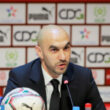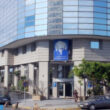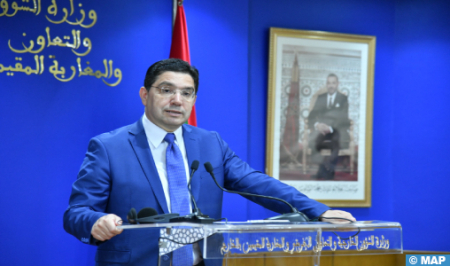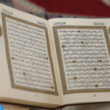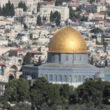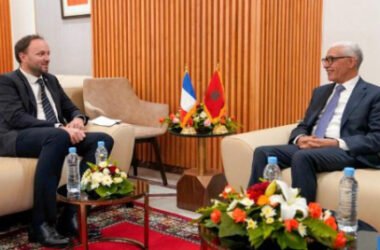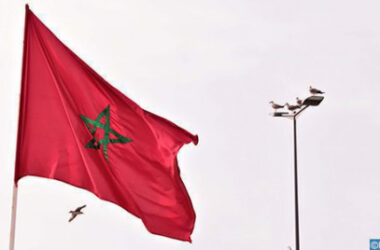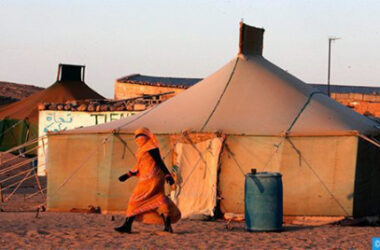”The Kingdom of Morocco, under the enlightened leadership of His Majesty the King, has for many years been involved in a number of initiatives aimed at contributing efficiently to the consecration of the fundamentals of cohabitation and dialogue between civilizations, including the Sovereign’s initiative at the 11th Islamic Summit held in Dakar in March 2008, calling for an international charter setting out the criteria and rules governing freedom of expression and opinion, as well as respect for religious symbols and sacredness, he stressed in an address to the extraordinary ministerial meeting of the Organization of Islamic Cooperation (OIC), held via video-conferencing, on the subject of the growing number of acts of desecration of the Holy Quran in Sweden and Denmark.
In his speech, read on his behalf by Fouad Akhrif, Director of the Orient, Gulf, Arab and Islamic Organizations Division, he also referred to the launch in 2013 of the Rabat Action Plan on the prohibition of advocacy of national, racial or religious hatred that constitutes incitement to discrimination, before adding that the United Nations General Assembly recently adopted a Moroccan resolution on “the promotion of interreligious and intercultural dialogue and tolerance to counter hate speech,” unanimously adopted by its 193 member countries on July 25.
Another illustration of Morocco’s resolute commitment to promoting dialogue between cultures and civilizations, mentioned by the Minister, is the Kingdom’s hosting of numerous meetings and forums in this field, most recently the 9th World Forum of the Alliance of Civilizations held on November 22 and 23 in Fez, and the parliamentary conference on interfaith dialogue held on June 13 in Marrakech.
As much as it condemns all obscurantist and barbaric violence perpetrated in the name of Islam, the Kingdom of Morocco denounces provocative attacks on the sacredness of the Muslim religion, while calling for the promotion of the values of cohabitation and dialogue between societies, as well as the culture of peace,” he stressed, noting that freedom of expression can in no way justify provocation and attacks on the Muslim religion, which has more than two billion followers worldwide, noting that “acts of aggression against our Muslim religion committed by the same perpetrators call on us more than ever to reflect on the appropriate means to counter them and reduce them to a minimum.”
Morocco immediately denounced these despicable acts, following the proliferation of burning copies of the Holy Quran, before calling on the Danish authorities last March to firmly apply the law and deal with these thoughtless acts of incitement, and to ensure that they are not repeated under any circumstances.
Bourita stressed the need to repress all forms of religious hatred and attacks on the feelings of believers, recalling that following the multiplication of this unspeakable act in Stockholm on June 28, Morocco asserted that “it is inadmissible to denigrate the faith of Muslims in this way, whatever the political positions and differences that may exist between States, while stressing that the principle of tolerance and universal values are not limited to apprehending the points of view of some and at the same time expressing little consideration for the beliefs of Muslims.”
He added that, on the instructions of His Majesty King Mohammed VI, may God help Him, the Swedish chargé d’affaires in Rabat was summoned to the Ministry of Foreign Affairs to inform him of the Kingdom of Morocco’s condemnation and rejection of this unacceptable act, and that the Kingdom’s ambassador was recalled sine die for consultations.


